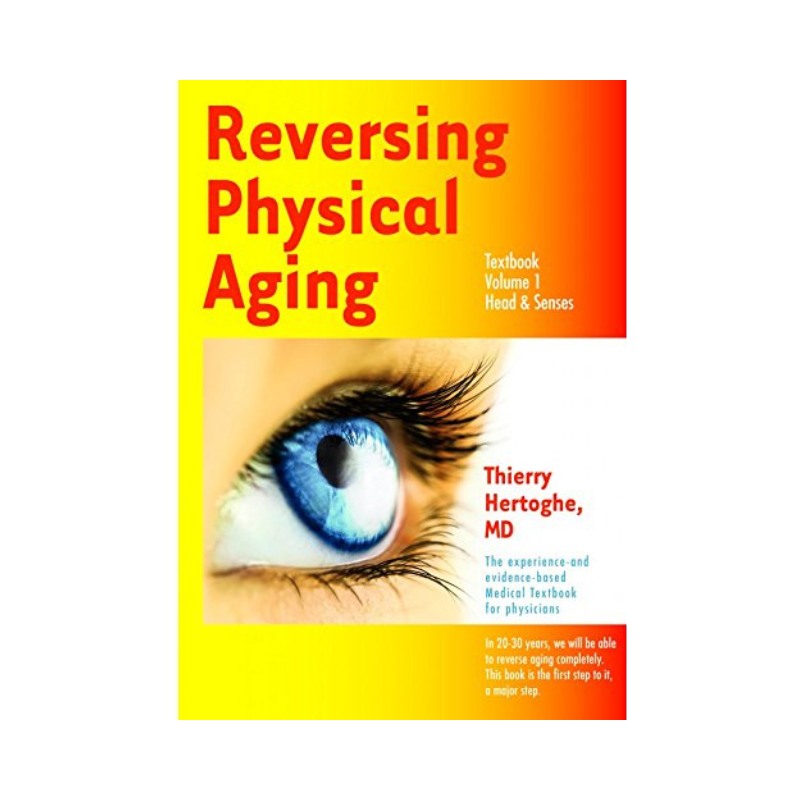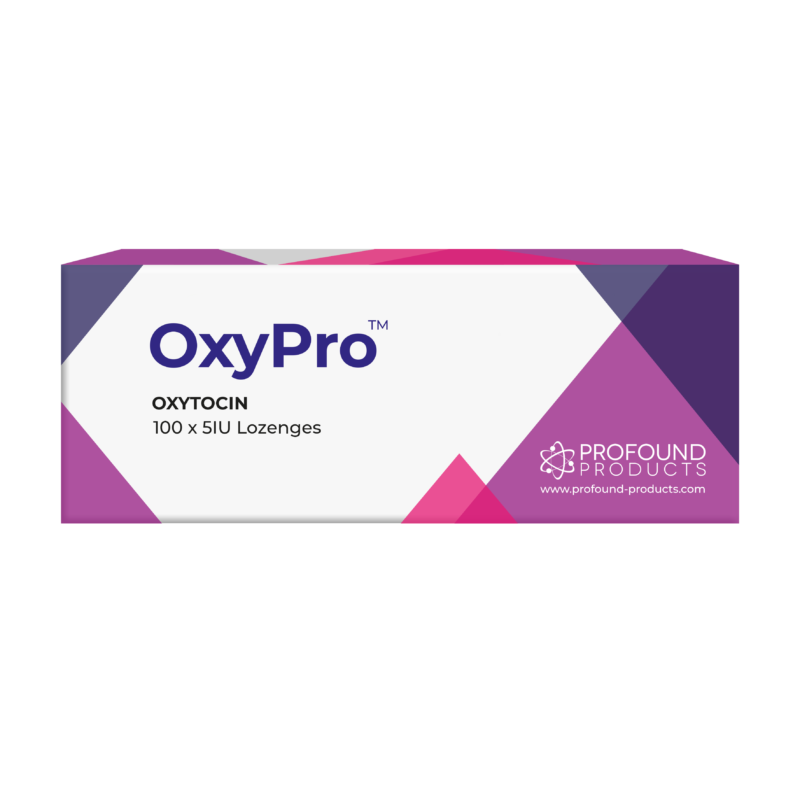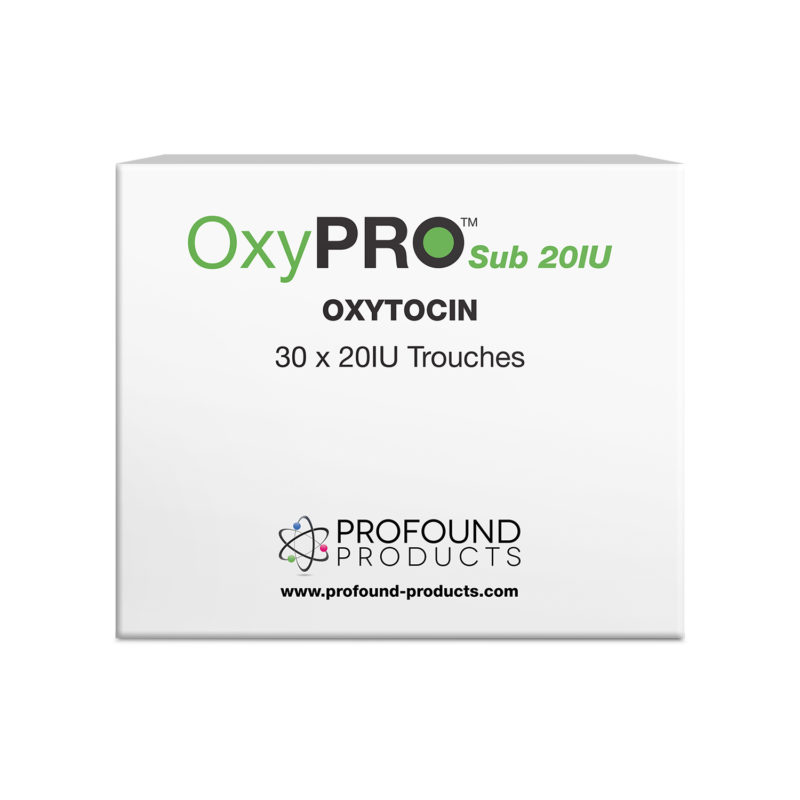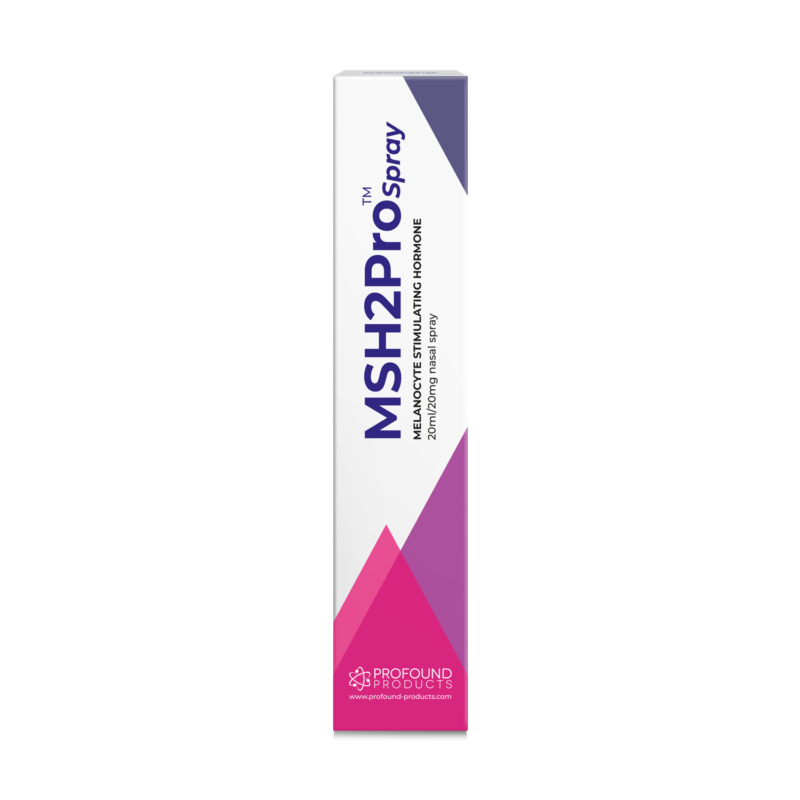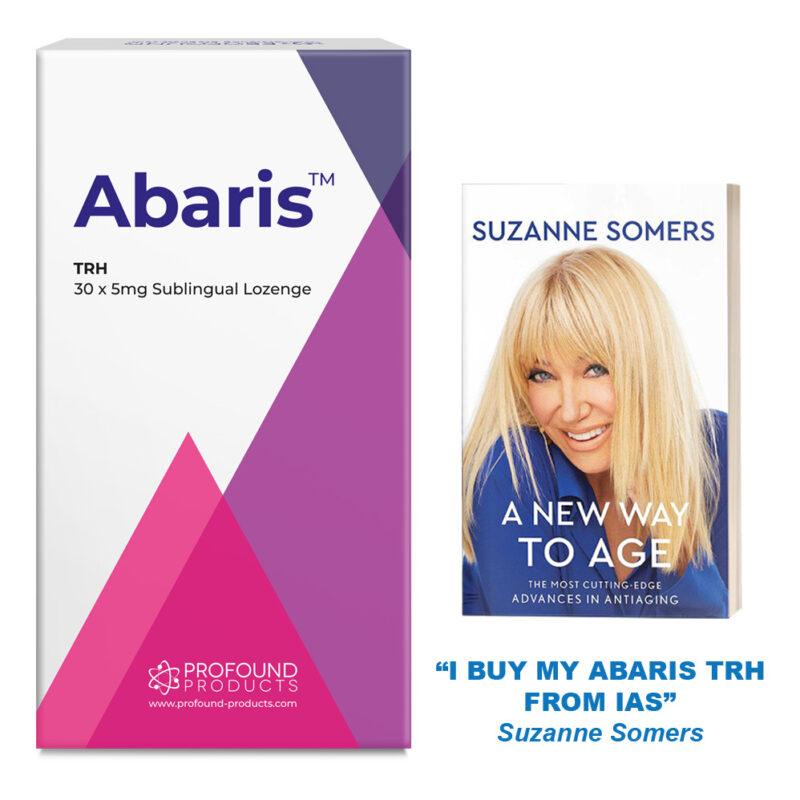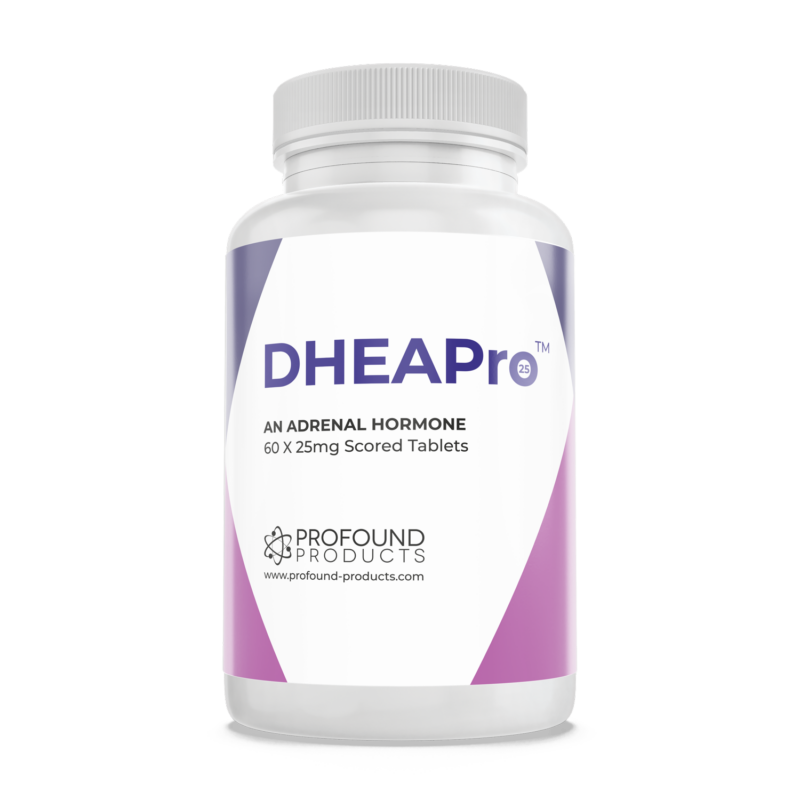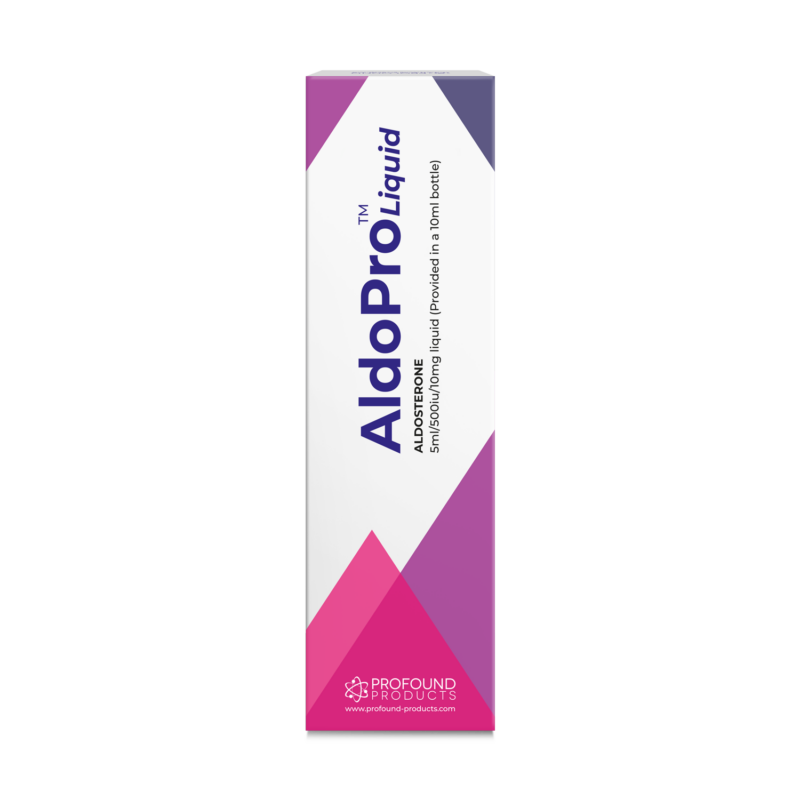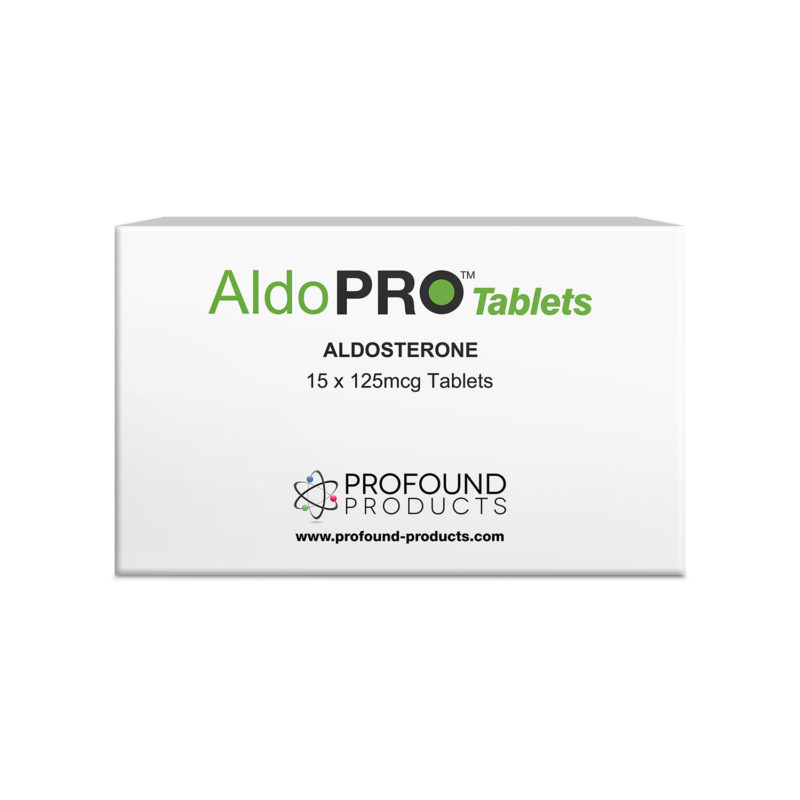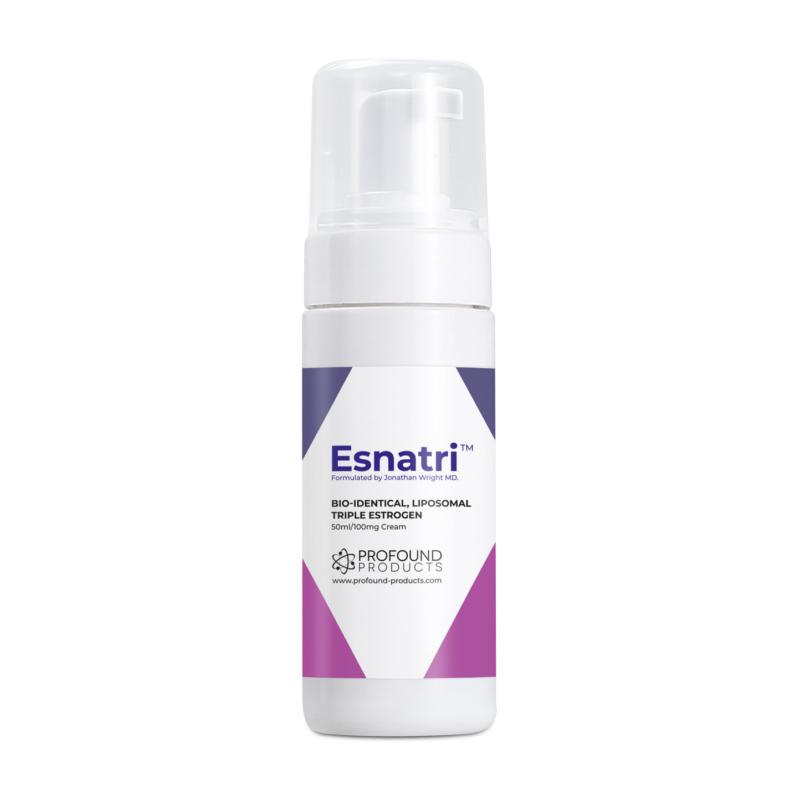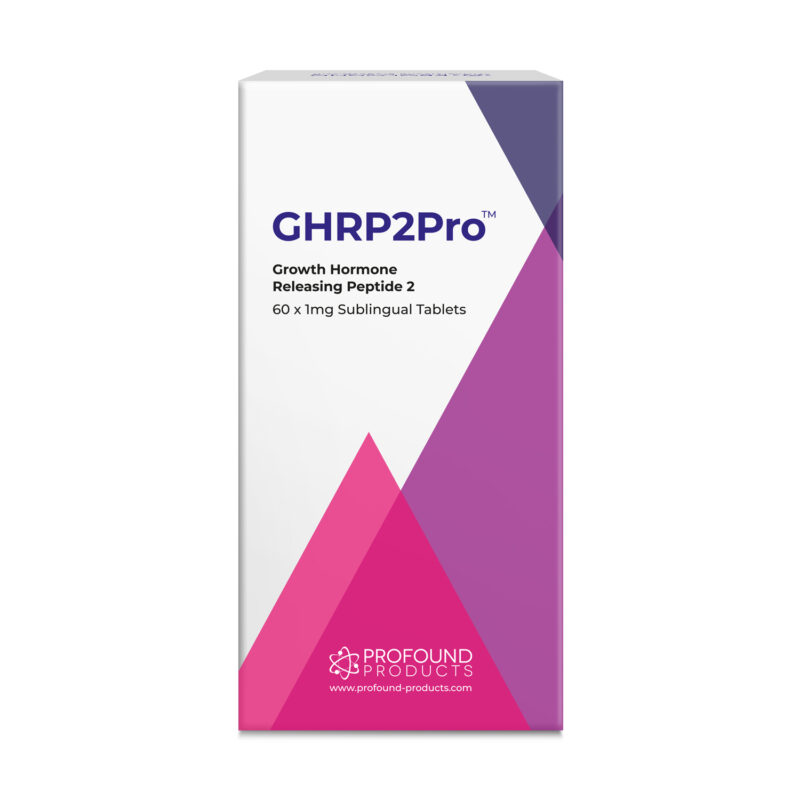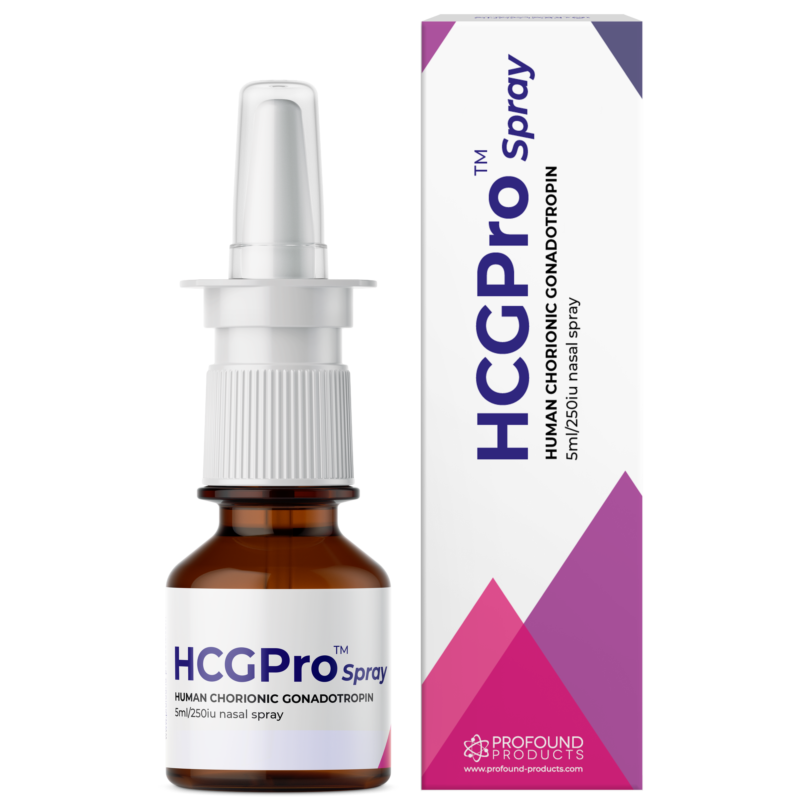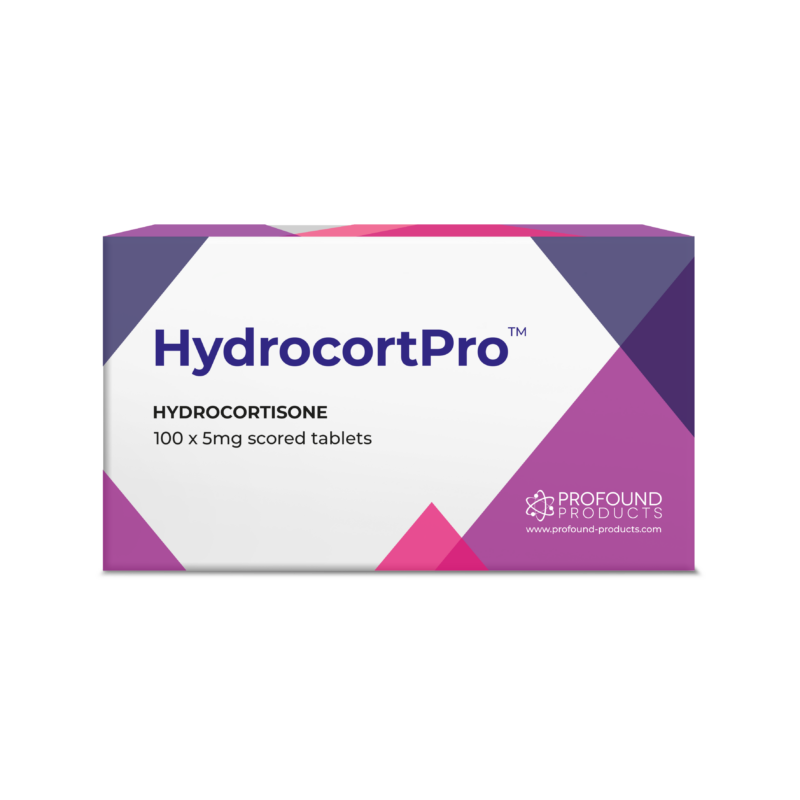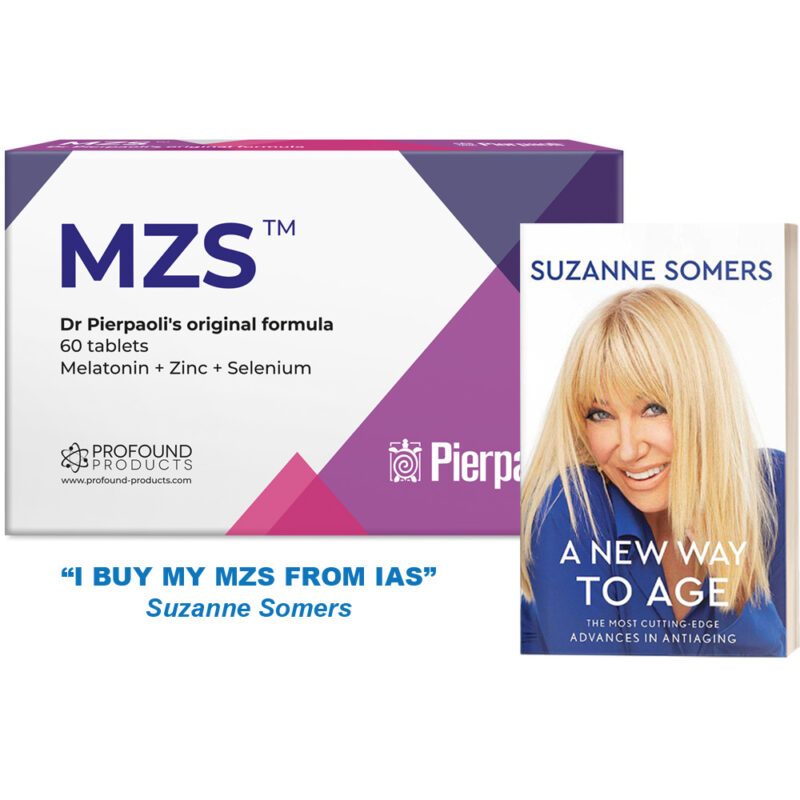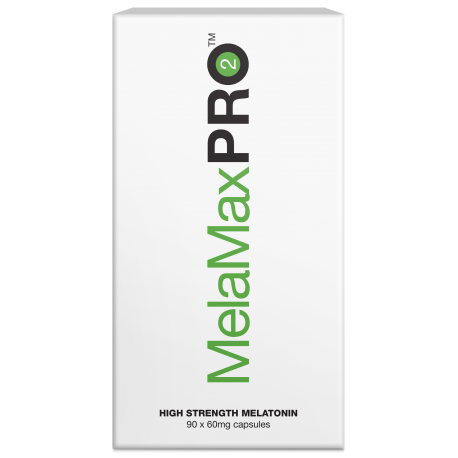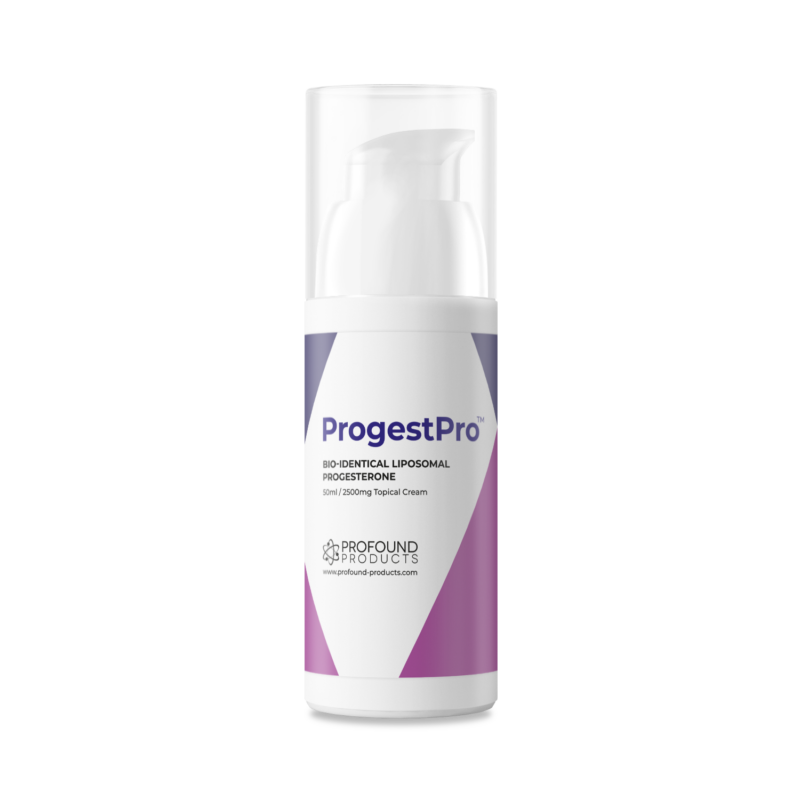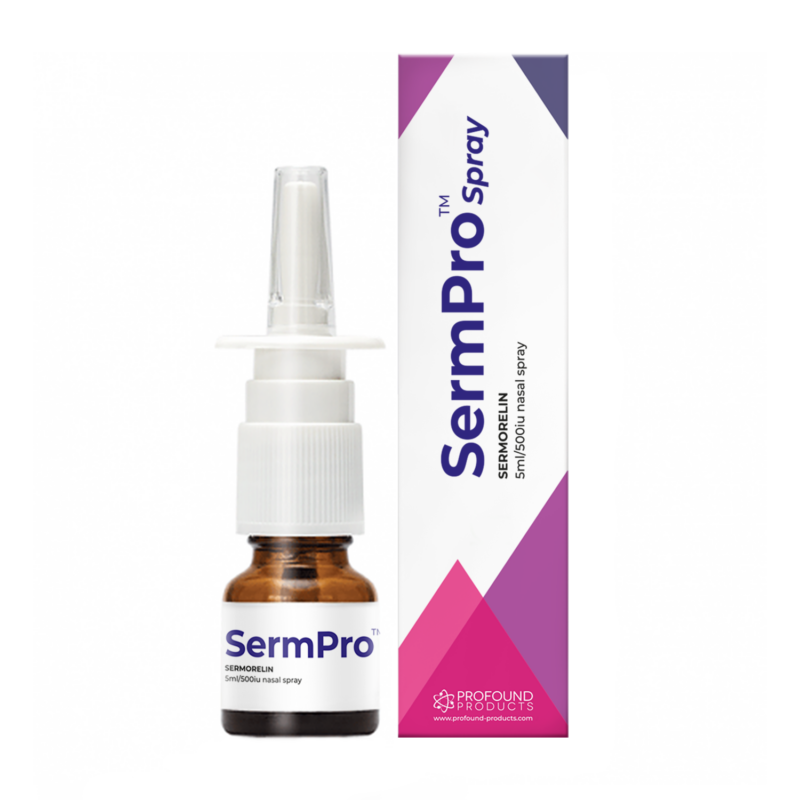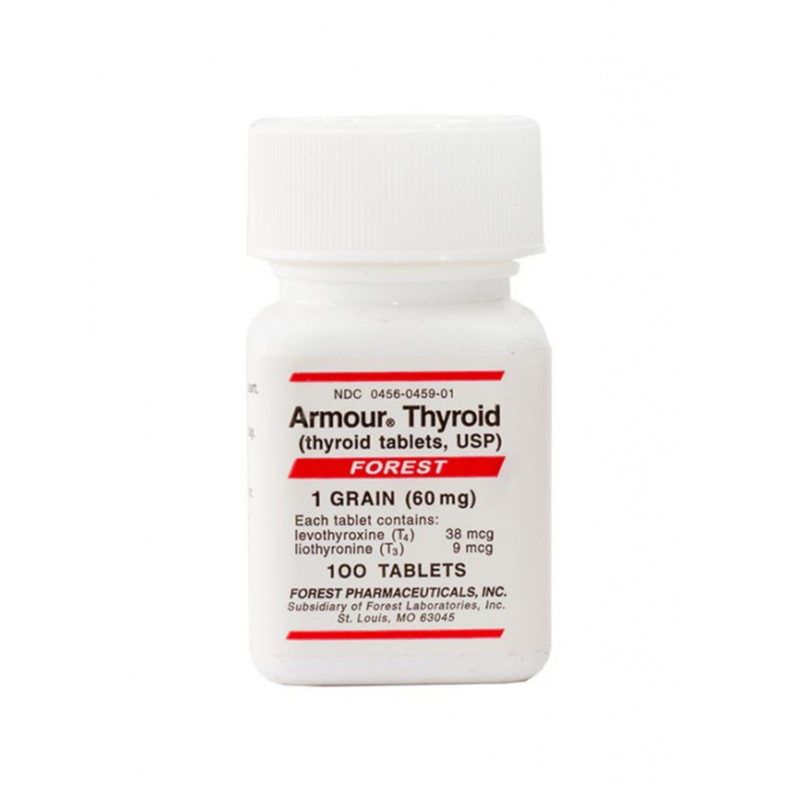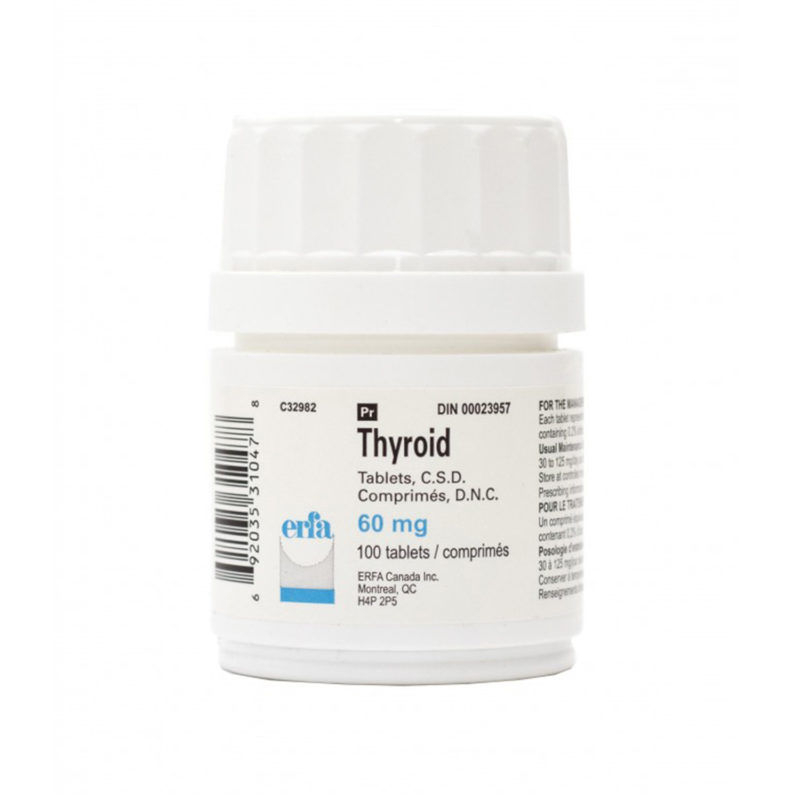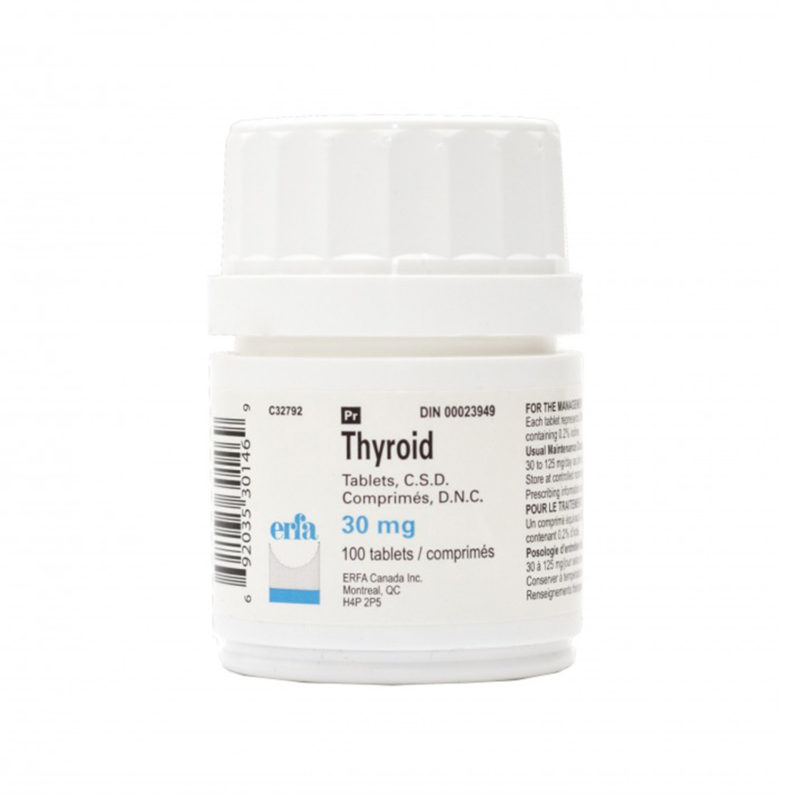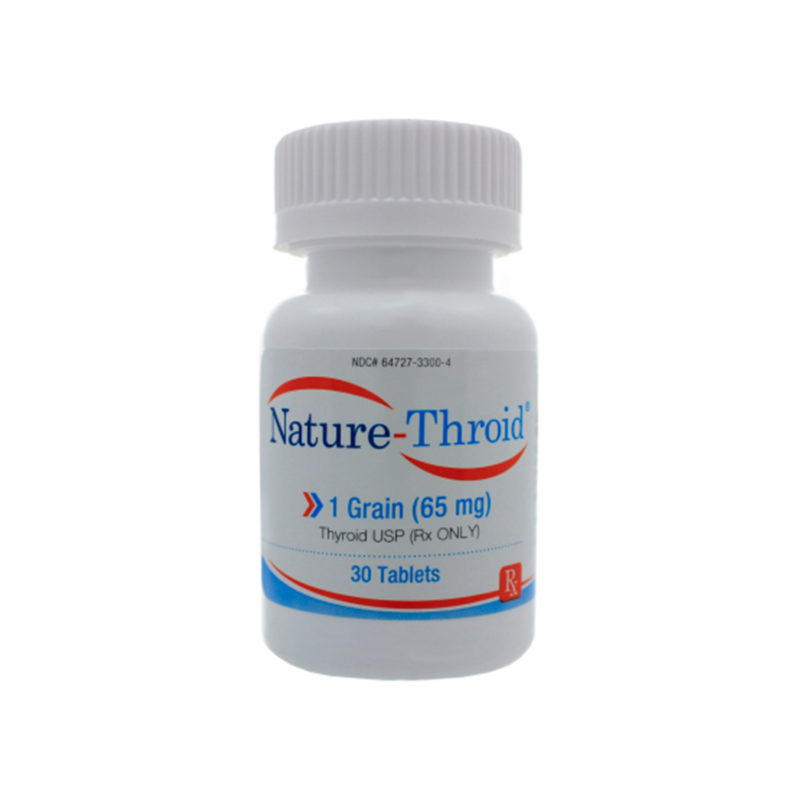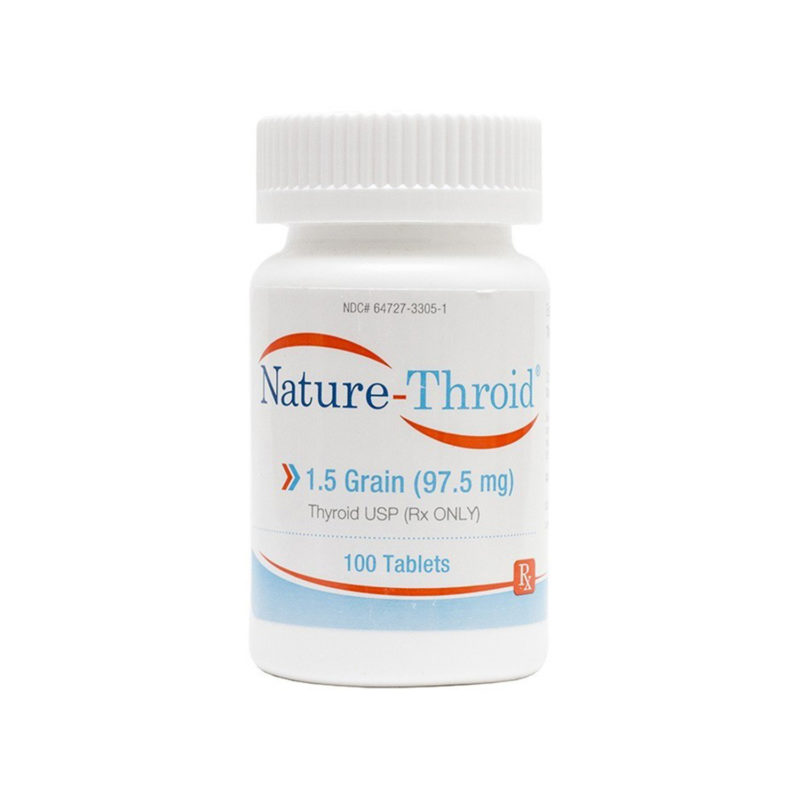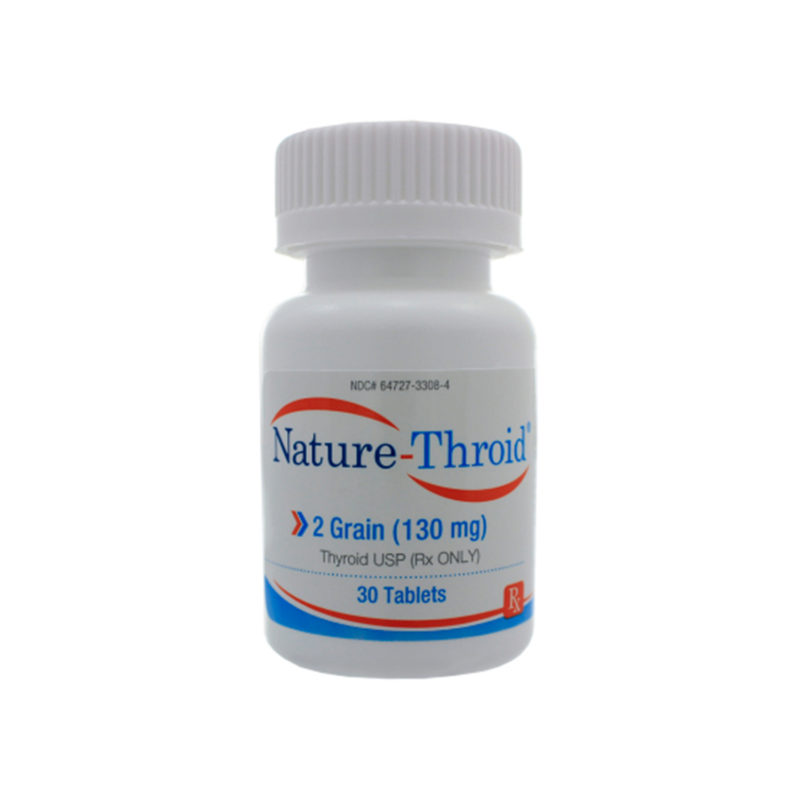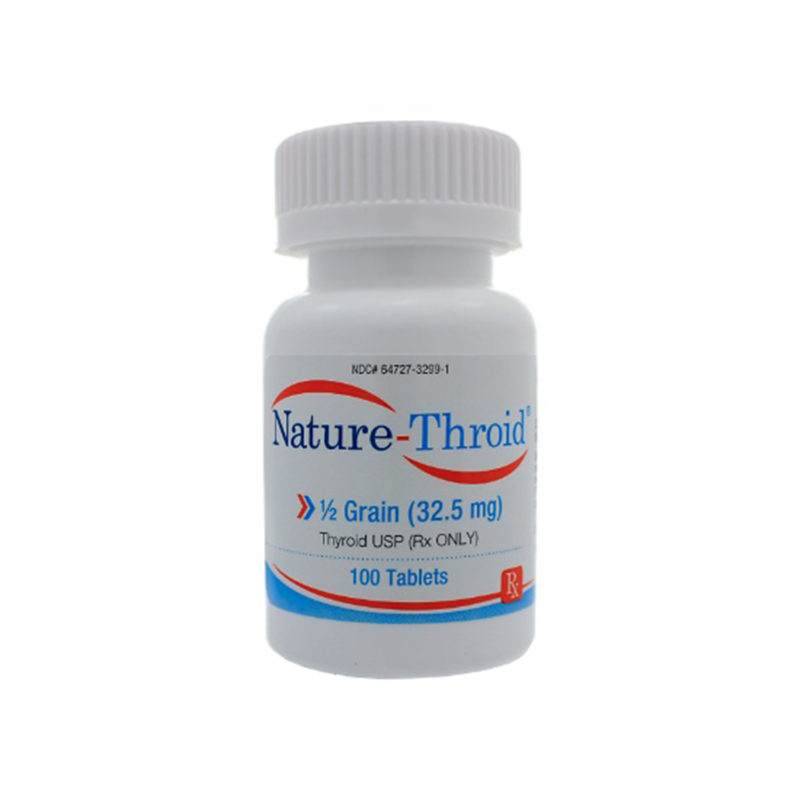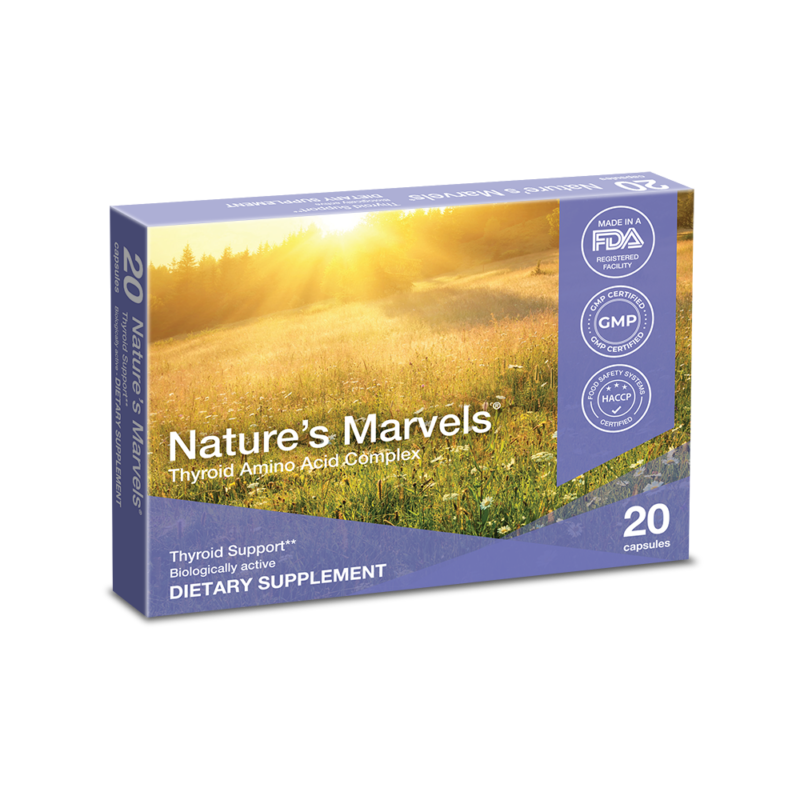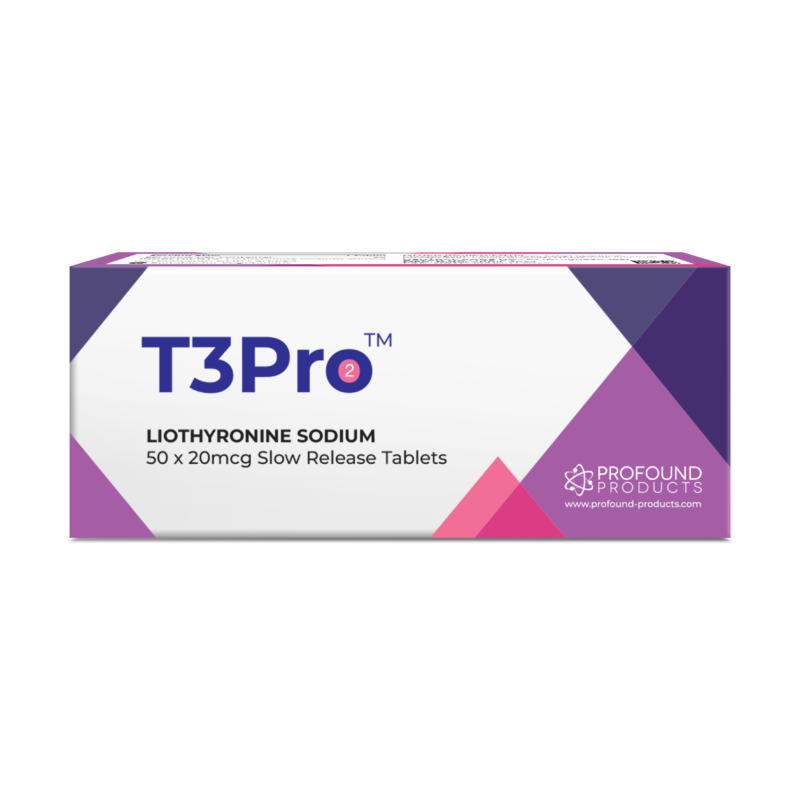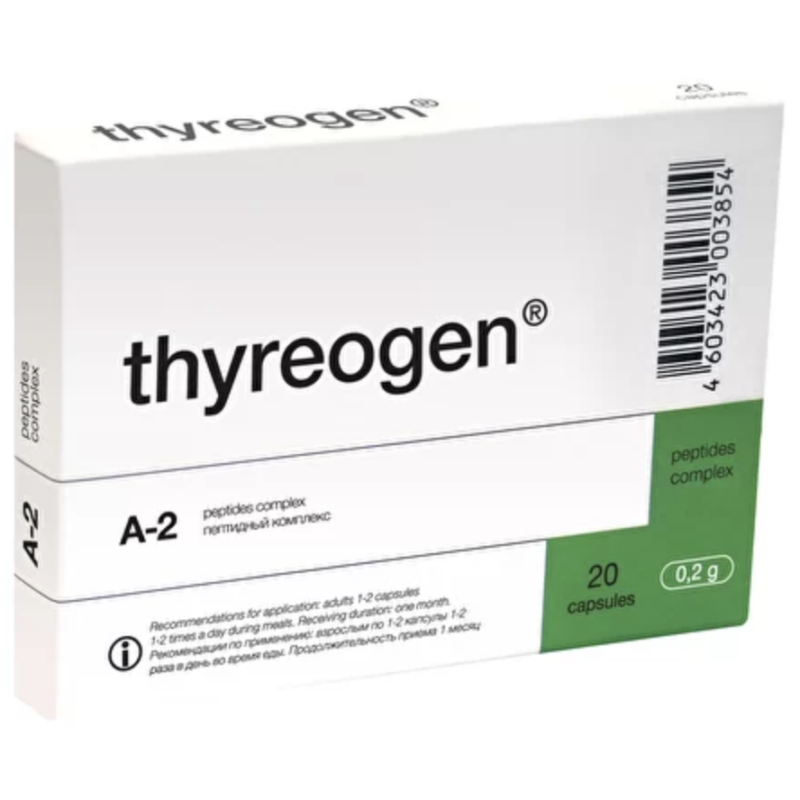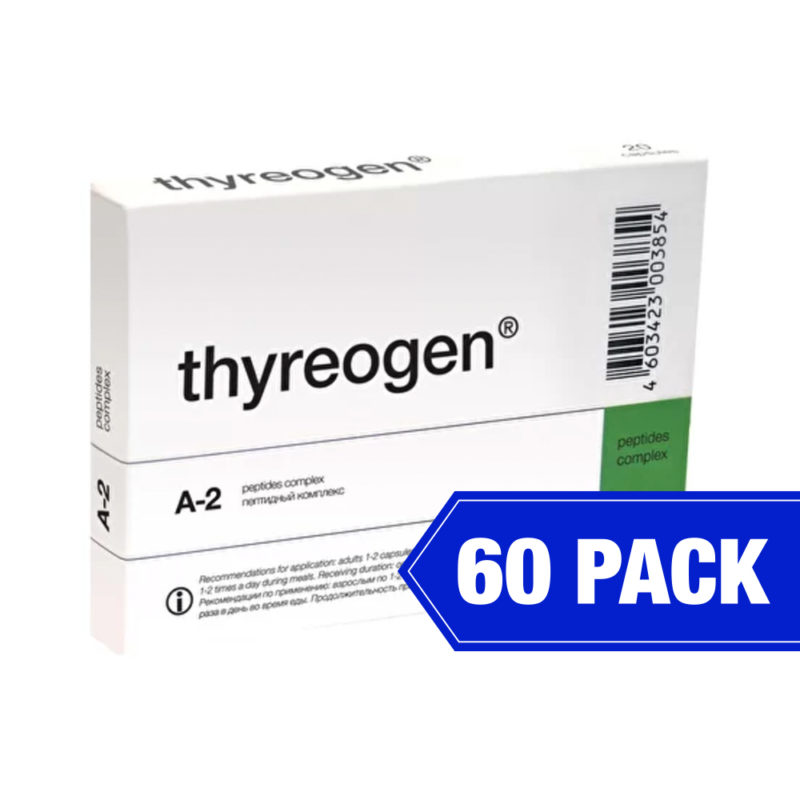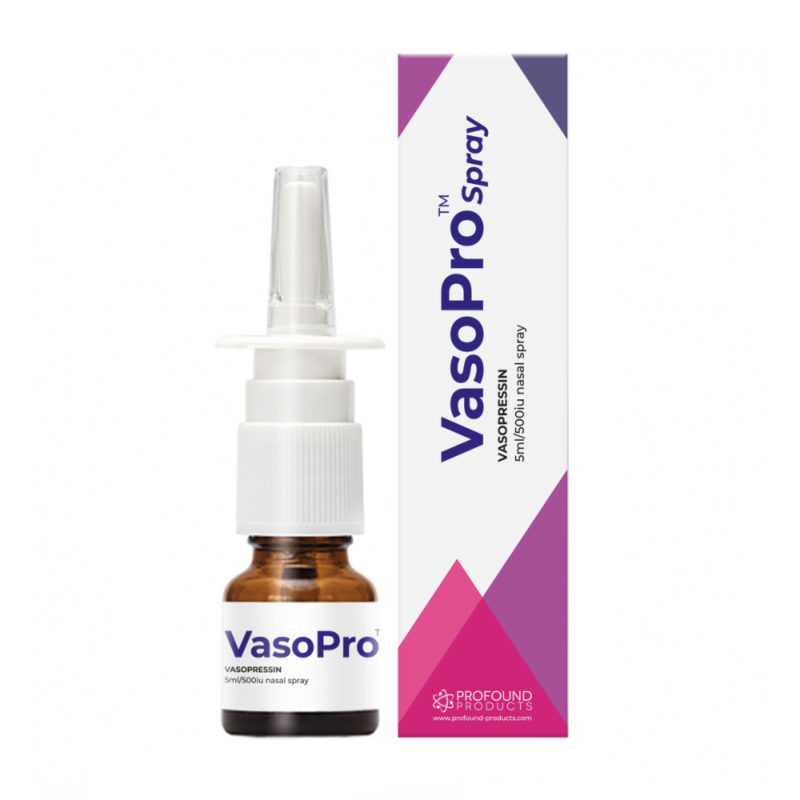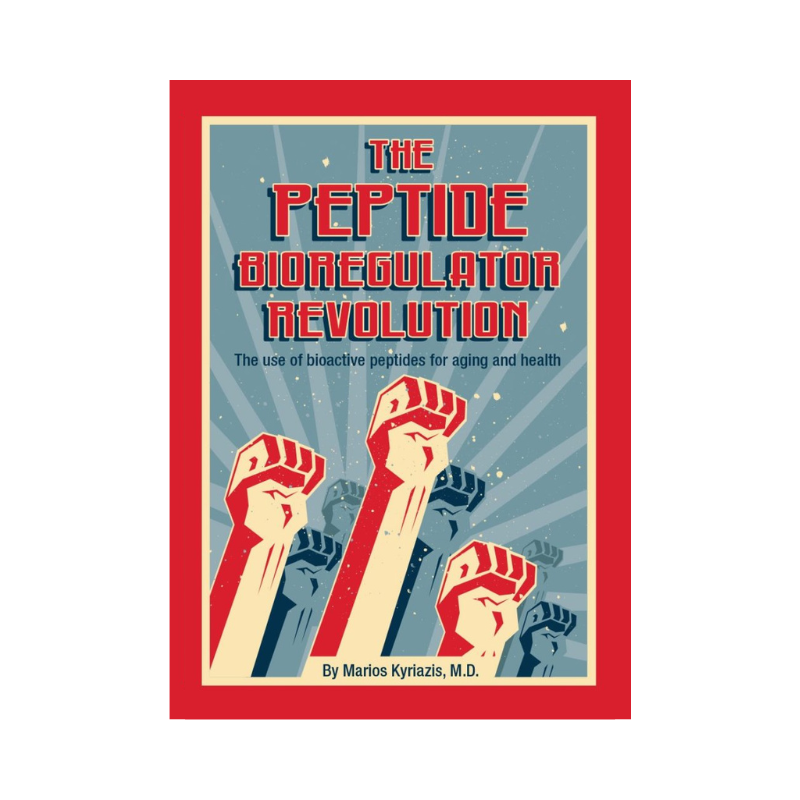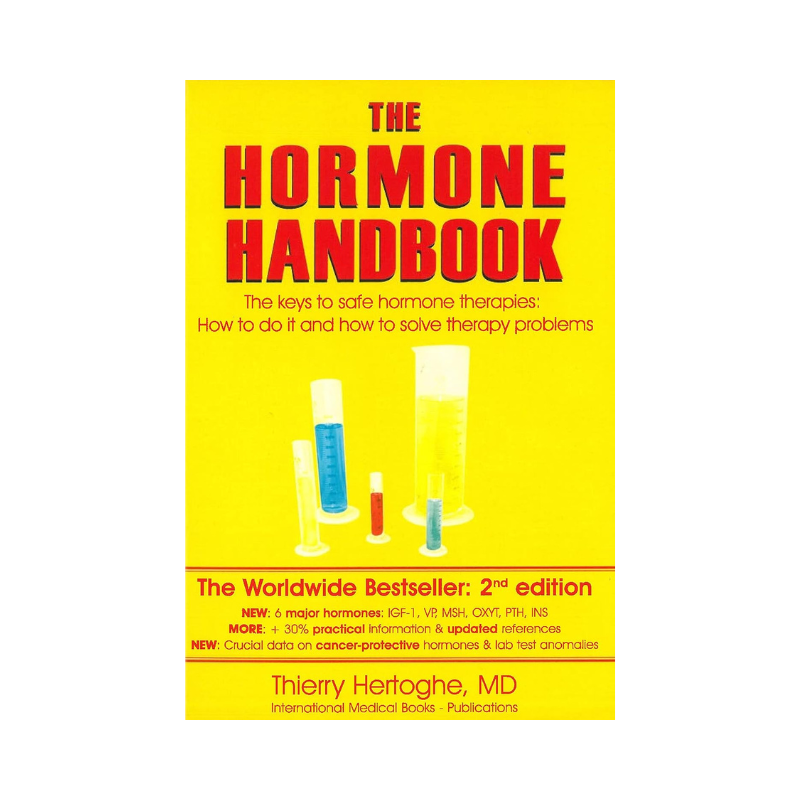
Physician Hormone Handbook – V2 UPDATED by Thierry Hertoghe MD (833 Page Book)
The hormone handbook
The keys to safe hormone therapies: How to do it and how to solve hormone problems
The hormone handbook: Teaches physicians how to effectively correct hormone deficiencies that range from mild and partial insufficiencies to severe or total lacks of hormone. It identifies and provides solutions to the various problems that may occur in the course of therapy. It is probably the best quick guide on the practical use of hormone treatments.
This product features in the
following categories
This product has the
following ingredients
This product is associated with the following health conditions
ADHD/ADD Adrenal Fatigue Age Related Mental Decline Alzheimer’s Disease Anabolic State Antiaging Supplements Autism Cancer Chronic fatigue syndrome Cognitive Compulsive Disorder Treatment Dementia Depression DHT Alternation (dihydrotestosterone) Diabetes DNA Support Elevated PSA (Prostate Specific Antigen) Levels Energy Improvement Erectile dysfunction Excessive Triglycerides in the Blood Growth Hormone Deficiency Health Diagnostics HGH (Human Growth Hormone) Human Growth Hormone Hypothyroidism Immune System Improvement Impaired Methylation Improvement for Hair Loss & Balding Lack of Physical Energy Lack of Sex Drive (Libido) Longevity Enhancement Low Estrogen Levels Requiring HRT Low Libido Macular degeneration Memory Problems Menopause Mitochondrial Support Narcolepsy (sleeping in the daytime) Parkinson’s disease Photoaging PMS (Pre-menstrual Syndrome) Prostate Problems Senile dementia Senility Skin problems Stress Tanning (darkening skin color) Thyroid Weight Gain Weight Loss Well-beingProduct Description
The physician hormone handbook v2 by Thierry Hertoghe, M.D.
The physician hormone handbook is the ultimate hormone handbook. Here Dr. Hertoghe describes all of the hormones discussed in his patient hormone handbook (as above), and in addition this version 2 also covers IGF-1, vasopressin, MSH, oxytocin, parathormone and insulin. The physician hormone handbook not only has greater detail, (especially for determining the physical attributes of hormone deficiencies), but it also includes a lab section to evaluate blood and urine levels too. If you are a health professional practicing hormone replacement therapies this book is an invaluable tool.
Topics Covered: How to detect hormone deficiencies, recognize deficiency symptoms and physical signs, how to interpret lab test protocols, how to increase the safety and efficacy of treatments, what doses, which products, whether to use bio-identical hormones or not, how to start treatment, which are the safest routes to get hormones into the body, how to balance hormone therapies with one another, how often to follow-up, and many more essential topics.
833 page book

